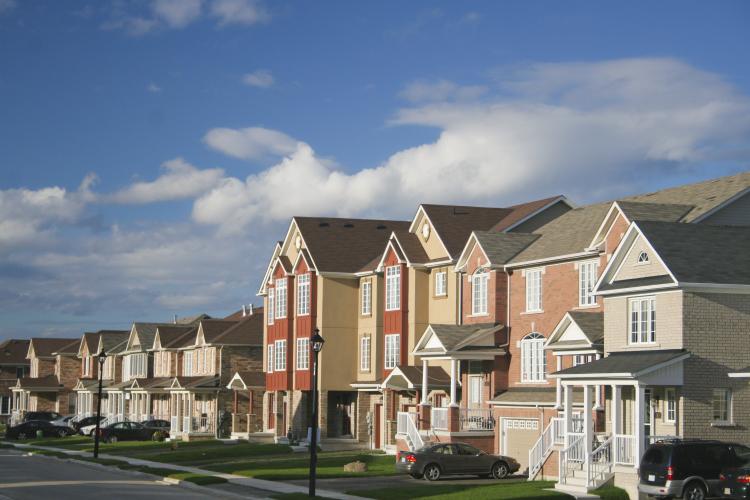
The energy efficiency industry represents a wide umbrella of sectors including utilities, academia, community-based organizations, state and local governments, implementers, program designers, manufacturers and many more. With environmental justice at the center of clean energy conversations and unprecedented funding available for efficiency nationwide, cross-sector collaboration is an essential but challenging aspect of building efficient and resilient communities. The 2024 Midwest Energy Solutions Conference provided a forum for hundreds of professionals across the industry to lay the groundwork for our clean energy future. Attendees focused on the role of cross-sector partnerships in the clean energy transition during the workshop A Beautiful Day in the Neighborhood: Leveraging Partnerships to Create Resilient, Energy-Efficient Communities. This workshop brought together representatives from local government, utilities and a community-based organization to discuss how collaborative projects are enabling affordable, clean energy-powered housing options across the Midwest.
Representing the local government perspective in this workshop was Christine Baumel, Deputy Mayor of the City of Madison, WI. Christine discussed how Madison is advancing their climate goals through their partnership with Slipstream and Madison Gas and Electric, which will utilize funds from the Department of Energy’s Connected Communities Initiative to establish grid-interactive efficient buildings in the city.
Two speakers represented the utility perspective: Martin Jacobson, Senior Program Manager at ComEd, and Mike King, Director of Energy Efficiency at Nicor Gas. Martin shared insights from ComEd’s Strategic Energy Management Cohort, which brought together K-12 schools, industrial manufacturers and municipalities to maximize energy savings. Mike focused on lessons learned and best practices from Nicor Gas’ partnership with Habitat for Humanity on developing Smart Neighborhoods in Illinois.
Lastly, Lee Ringo, formerly a Project Consultant at the Community Development Corporation of Pembroke-Hopkins Park (CDC-PHP), provided insight into the community engagement element of cross-sector partnerships. In discussing the success of CDC-PHP’s Pembroke Energy Efficiency Pilot (PEEP), Lee illuminated the importance of community education and relationship-building in equitably implementing residential energy efficiency programs.
Takeaways
Attendance for this workshop greatly exceeded expectations, resulting in a pivot from the original format of small group discussions led by each speaker to a full-audience question-and-answer session. Nevertheless, the speakers facilitated an excellent dialogue with their insightful answers to audience questions. The most productive questions were about effective ways to increase buy-in from various stakeholders. From the utility perspective, we heard how stakeholder buy-in has relied on taking an integrative approach that includes different types of technology, including energy efficiency, renewables, natural gas and electric technologies. In a similar vein, the local government representative shared the importance of leveraging the expertise of partners and implementers, ensuring all stakeholders can make an impact. Christine Baumel gave the example of the City of Madison’s partnership with Madison Gas & Electric, noting how drawing on their existing electric infrastructure was essential to continuing the Connected Communities project. From the community engagement side, Lee Ringo shared an example of how CDC-PHP built community members’ trust in PEEP by hosting demonstrations of how new technologies would actually look and work inside their homes and walking through the potential impacts EE improvements would have on energy bills. Inclusivity was a connecting theme in all of these answers, and audience members learned this is key to building effective partnerships for clean energy.
While stakeholder engagement dominated the conversation, other areas of interest included how partnerships evolve with a project and the challenge of developing scalable projects with multiple stakeholders. To gain more insight on how to approach these challenges in similar projects, reach out to MEEA staff and mark your calendars for the 2025 Midwest Energy Solutions Conference.